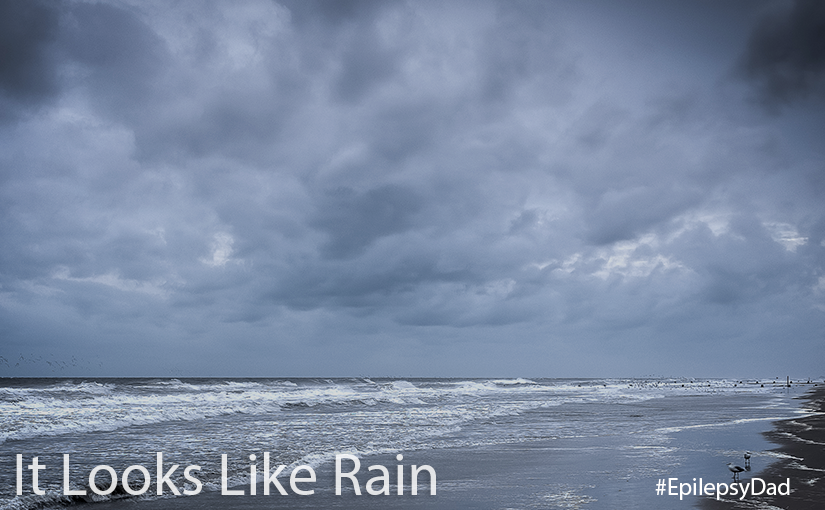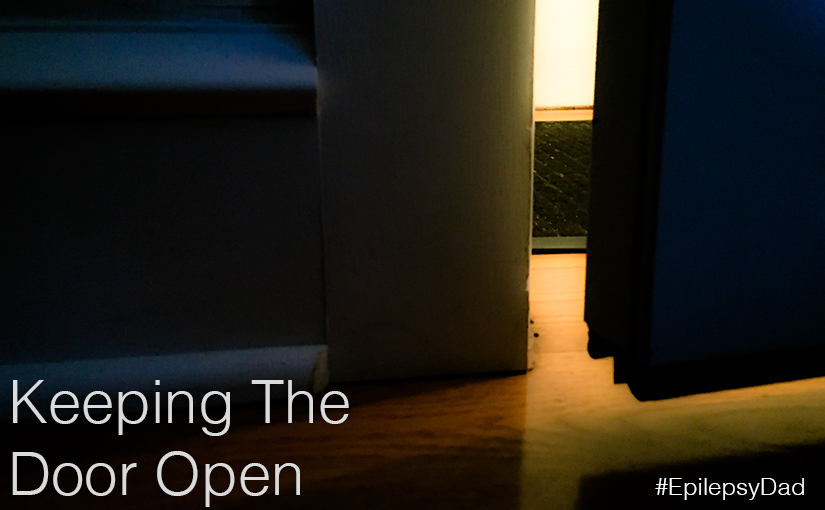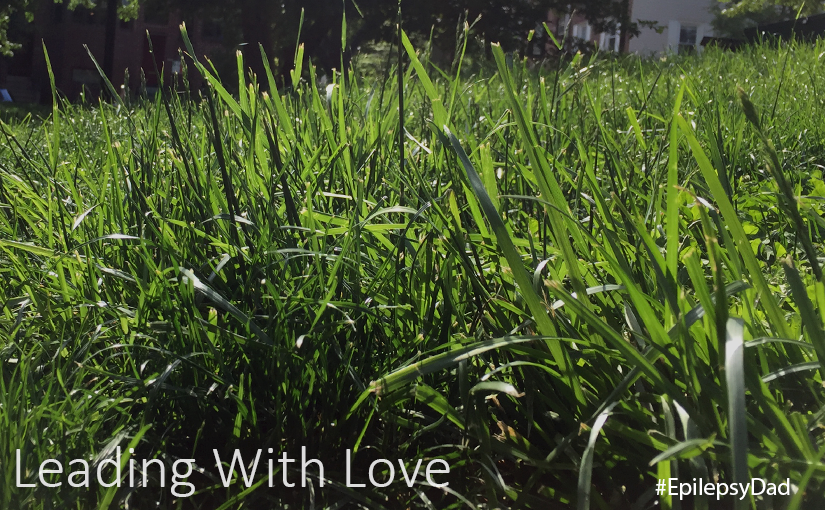When my son was at his worst, with relentless seizures and medicine flooding his body, he wasn’t our boy. He was uncontrollable and so, so angry. He would have fits for hours where he would try to hurt us and say terrible things. We’d spend those hours holding him, telling him that we love him, and waiting for the storm to pass.
There were long stretches of weeks where we would only see glimmers of the boy that he was, like a break in the clouds. But, inevitably, the clouds would expand, find each other, and hide the light behind them.
After too many months, the enormous storm that ravaged our lives started to break up. The seizures were more under control and we were able to reduce his medications to only a handful. We sought counseling for dealing with his condition and with each other. With a lot of hard work, we had more breaks in the clouds, more times where we saw the light from our boy shining on our lives.
We spent a lot of time basking in that light. We were starved for it after so much time without it. There were still rumbles in the distance, a seizure or an outburst, that made the hair on our necks stand up. Occasionally, a storm would pop up, but it was usually brief and not as violent. Still, we remained on guard.
Lately, the sound of thunder is getting louder.The hairs on my neck are standing up again. We’re seeing the tell-tale signs of a storm. There are times when he can’t control his body or regulate his emotions. There are days when he’s not there and when he’s not processing and not aware. There are more times when he gets angry and pushes everyone away. We’re adjusting his medicine again and these signs act as our barometer that tells us when the dose is too high.
I know we have to adjust his medicine to keep the seizures in check, but I also know what that brings with it. I can see the clouds forming. It looks like rain.


